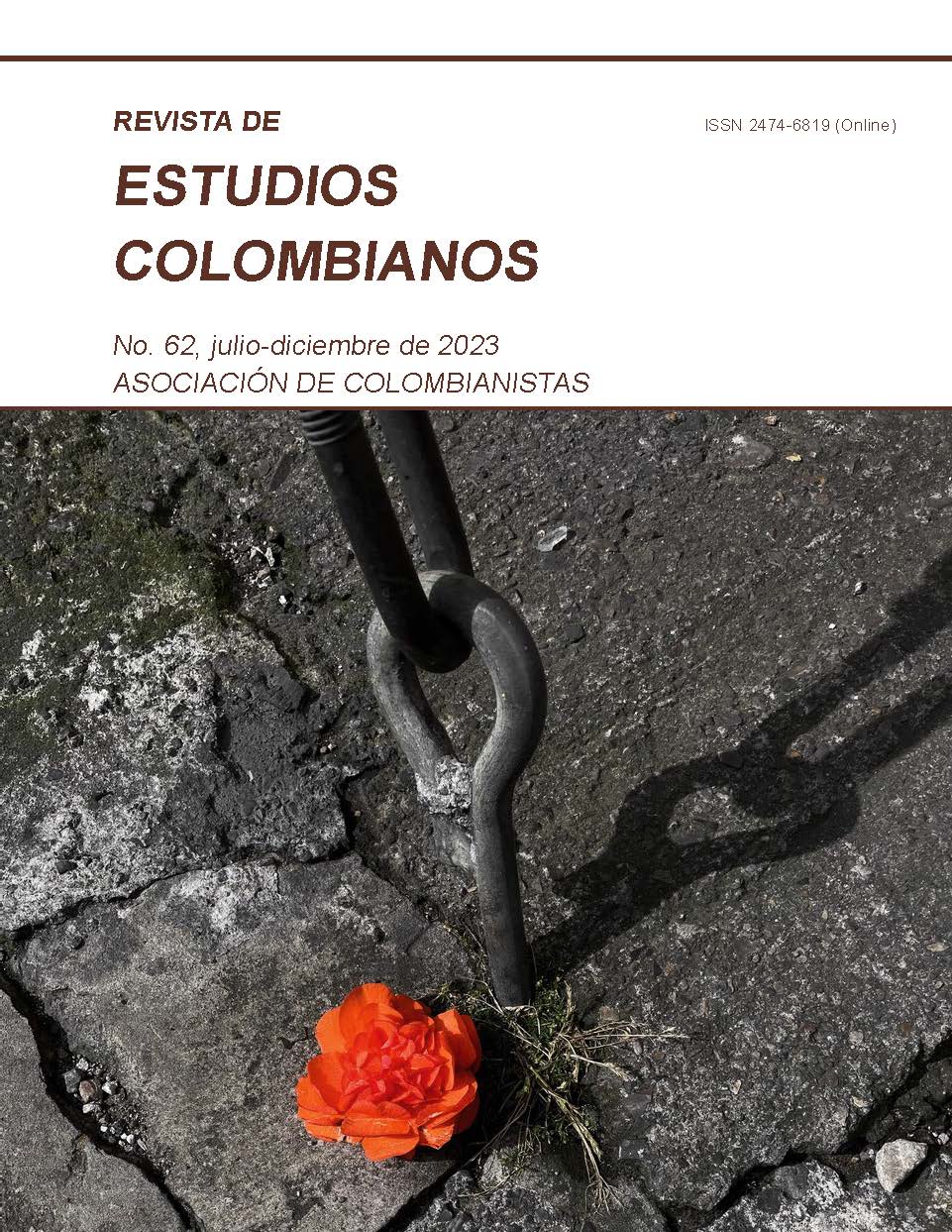Tomás González's El fin del Océano Pacífico: An Ecocritical Perspective Based on the Rhythm of Rain in the Jungle
Main Article Content
Abstract
This article analyzes the novel El Fin del Océano Pacífico by Tomás González from an ecocritical perspective in which a framework of understanding of the Pacific region is outlined. The rhythm, determined by the rain in the novel, weaves together the social and cultural context on which weighs decades-long political turmoil. The text thus generates experiences of critical understanding of the exploitation and extractivism present in the Chocó jungle; rain, as bioclimatic element and as a complementary axis of the ecocritical analysis, is the product of narrative asymmetries that guide the cycle of events and is a hidden thread that, only towards the end, is placed under the overhead light of the death of the environment and the jungle itself.
